How The Netherlands Became World’s First Country With No Stray Dogs on the Streets
Pets, as cherished members of our families, deserve rights and protections that ...
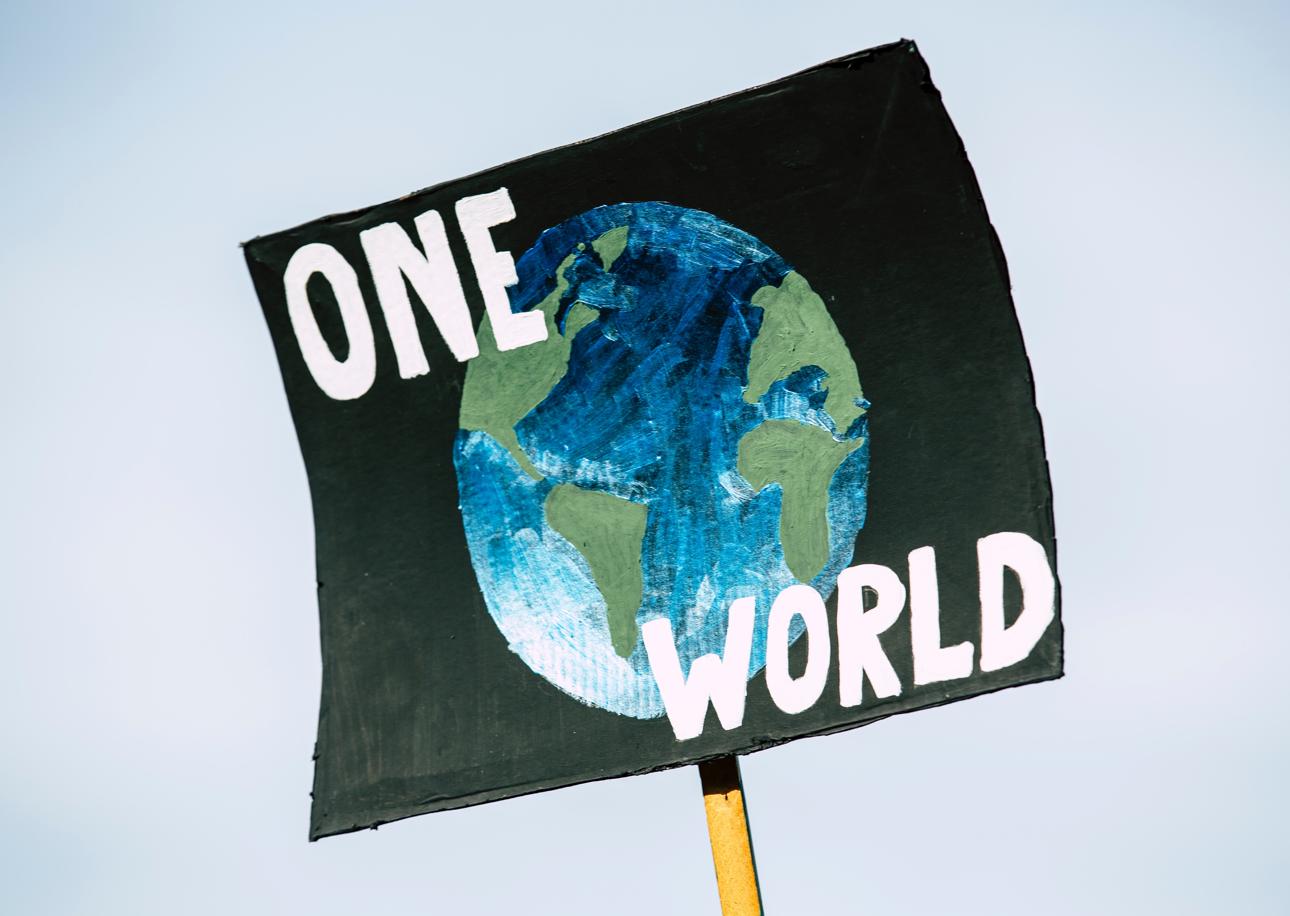
Everything we do in our daily life has an impact on our environment, from the food we eat to the car we drive. The more we learn about the issues wrecking our planet and what they stem from, the more, perhaps, we are willing to take the necessary steps to protect our environment. The truth is, every little bit counts. As harmless as bottle caps and straws may seem, they can actually disrupt entire ecosystems.
On the surface, living a more sustainable lifestyle may seem daunting, but when you break it down into modest steps, you might realise that you have much more power than you think. Who knows—maybe you’re already doing some of these things:
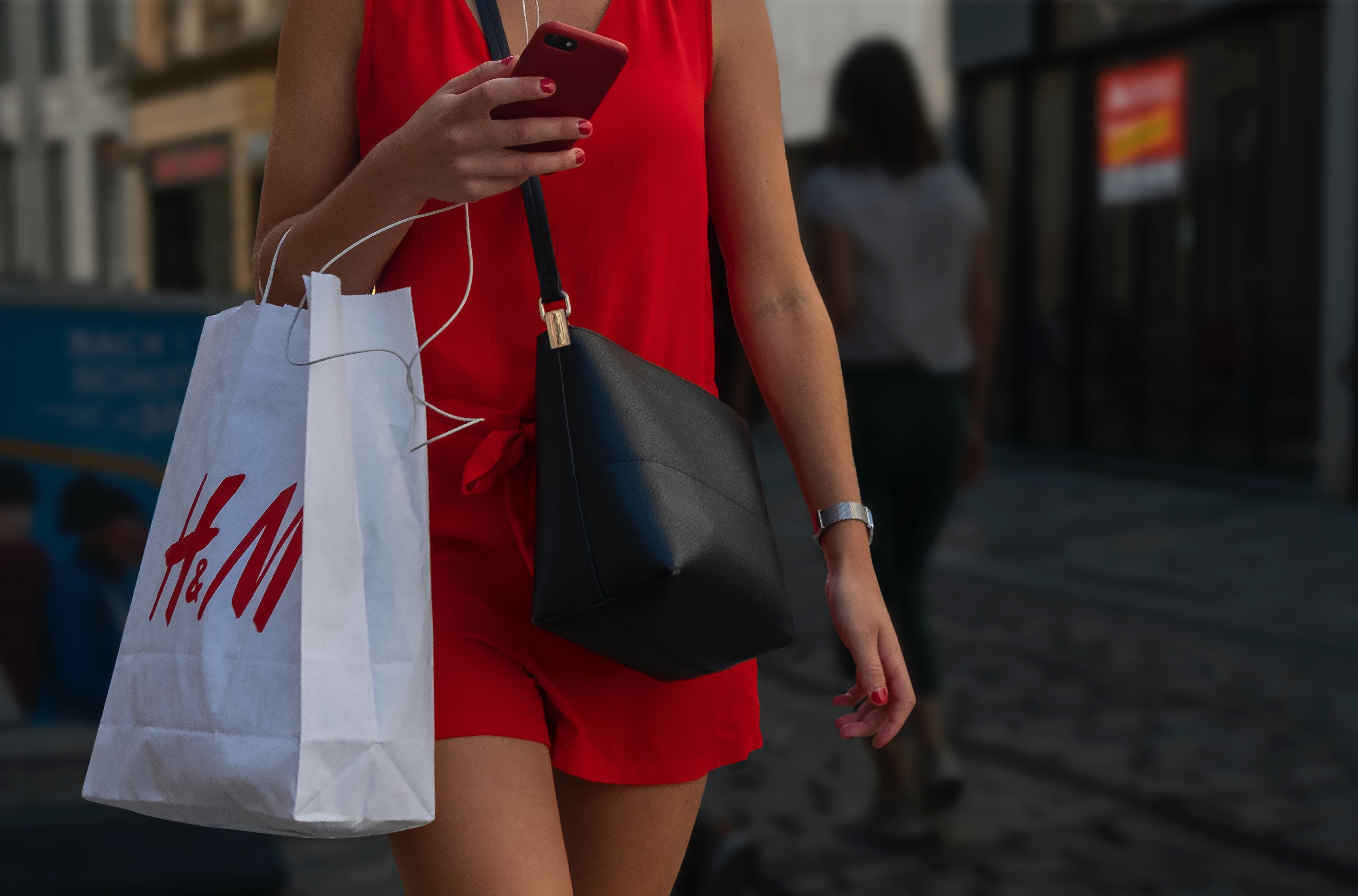
A flirty click, a casual add-to-basket, an impulse purchase here and a quick pick up there; it’s the toxic relationship many of us find it impossible to quit. But who are we harming? Cheap clothing brands with hyper-frequent churn (AKA fast fashion) too often rely on underpaid work and unsustainable materials whilst producing massive waste. Remember, fashion tends to move in cycles, so think twice before throwing out pieces and also think more carefully about the pieces you choose to populate your wardrobe. Don’t cave to momentary trends and be willing to spend more on items that have these three characteristics: versatility, durability and timelessness.
Extra Shot: If you wouldn’t be caught dead wearing the same thing twice, consider high fashion clothing rental stores like B Chu Runway, so that you don’t have to buy a dress, wear it once and keep it in the back of your closet forever.
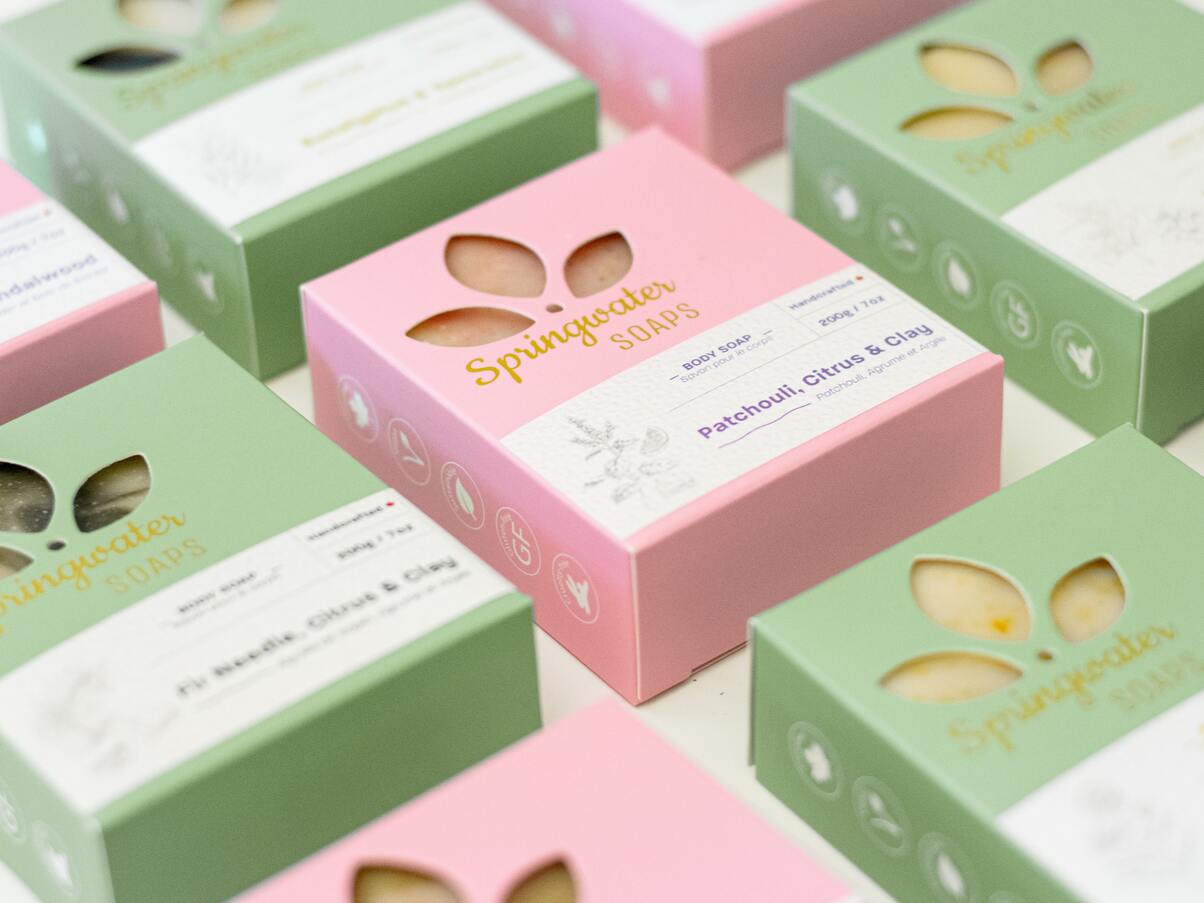
As public interest in sustainability continues to rise, many cosmetic manufacturers are looking into more environmentally-friendly ingredients and processes for their products. But with misleading promises, marketing jargon and a surprising level of ‘greenwashing’, shopping for sustainable beauty products isn’t easy. However, planet-conscious consumption shouldn’t be this hard – there are plenty of brands out there with vegan-friendly formulas, carbon-neutral production, refillable containers and innovative eco-friendly packaging. While none of them are a cure for all our consumption dilemmas, at least it’s a promising start. Something is better than nothing, right?
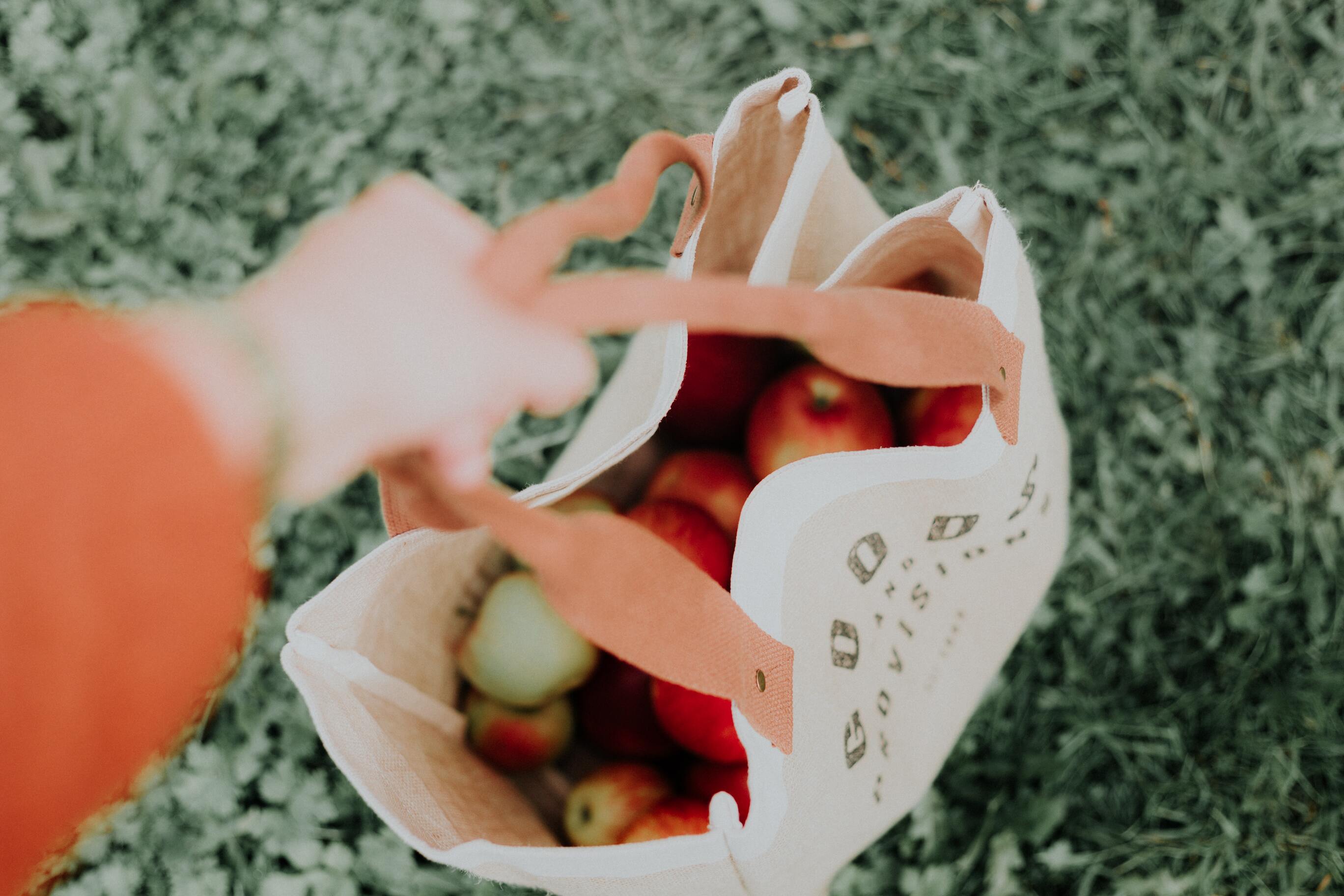
In order to reduce waste, we need to be thinking more circularly. Items which promote reuse and stop single use from entering the ecosystem are key. Make reusable shopping bags as essential as your wallet and phone to carry. Keep some at the entrance of your home or in the trunk of your car, so you don’t forget. If you frequent a cafe for takeaway coffee or bubble tea spot that often, it may be time to get your own reusable takeaway cup (and straw). And don’t forget about shampoo bottles, detergent bottles and PET bottles. If you can, opt for products that come in more sustainable packaging like paper cartons, or even try a refill shop for basic essentials like liquid soap and detergents. If you really can’t avoid plastic, consider recycling.
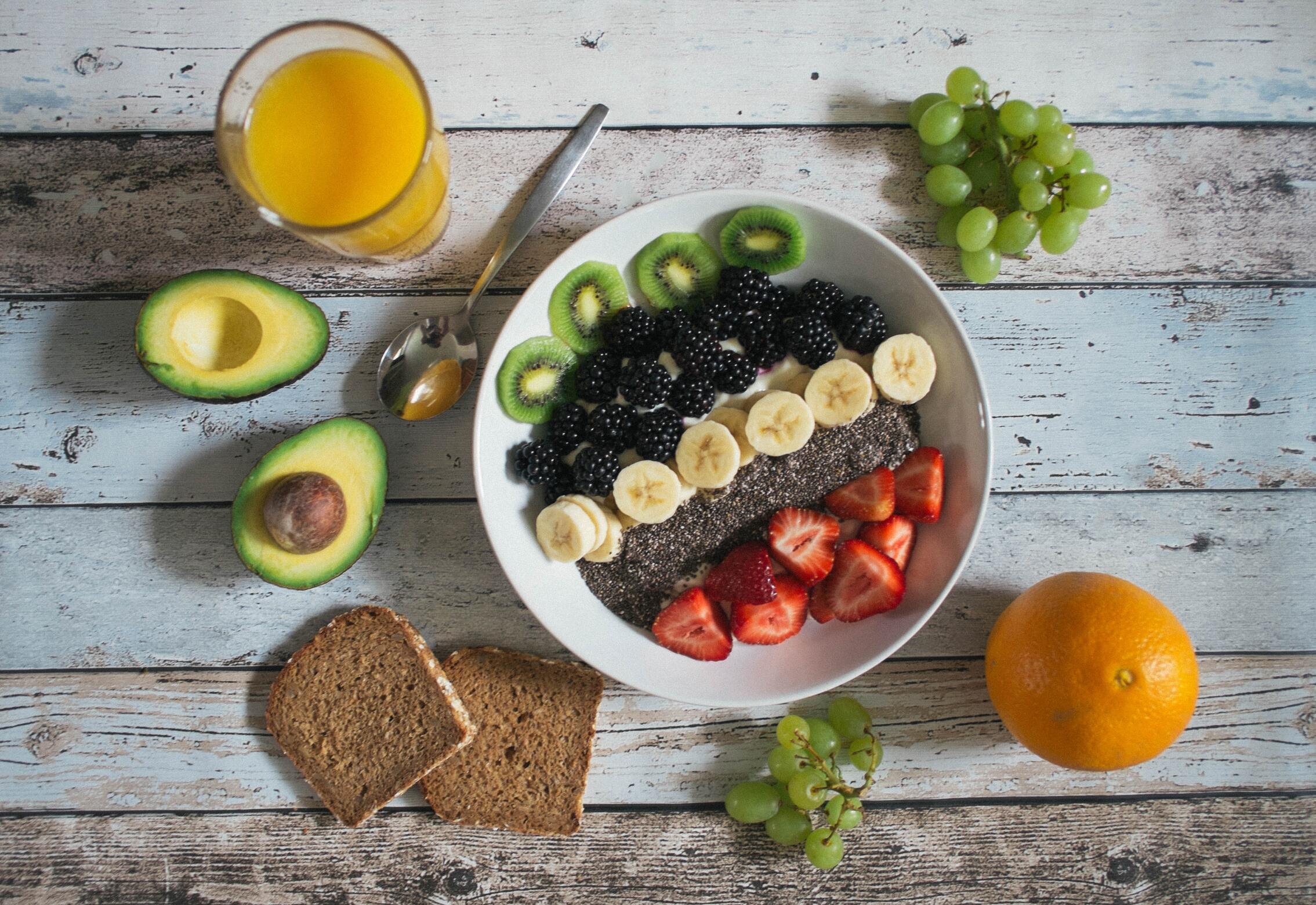
The sad truth is that animal agriculture is one of the biggest drivers of pollution and climate change, emitting more greenhouse gases than even transportation. With a growing population projected to reach 10 billion by 2050, the demand for meat, fish and dairy will only increase its strain on the environment in the coming year. That isn’t even to mention the fundamental ethical concern with consuming animal products.
It doesn’t have to be all or nothing when it comes to helping the environment. Start small by switching out a number of meals in your week or even just one full day a week for a completely plant-based one. There are lots of meat alternatives now that allow you to enjoy a juicy burger or your favourite pad krapao on your Meatless Mondays. As for dairy, with so many different types of plant-based milks, too, nowadays, who knows—you might swear off cow’s milk altogether.
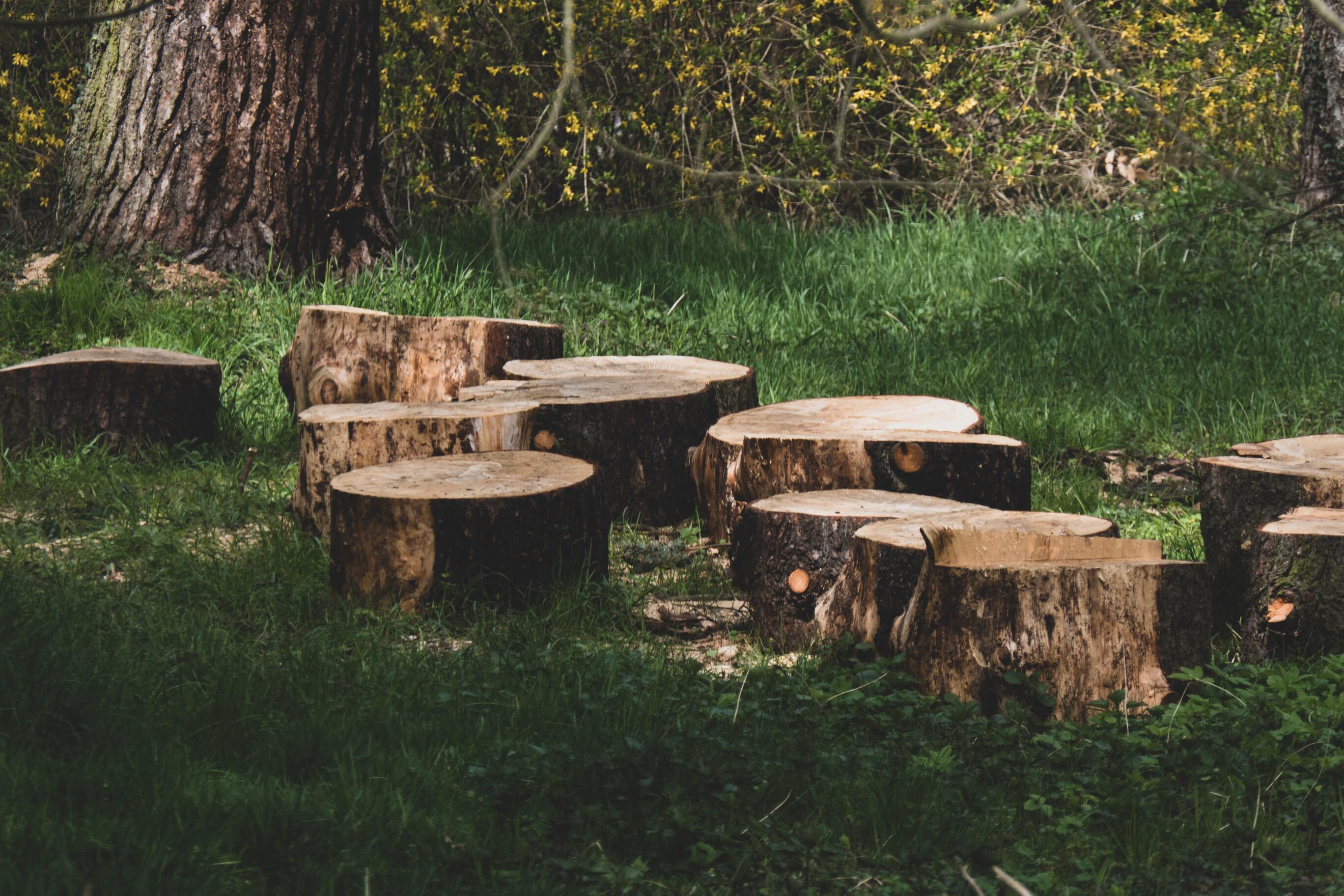
Did you know that humans cut down more than 4 billion trees every year just for paper? Going paperless, or as paperless as possible, has many benefits beyond saving the environment as well. Storing information digitally is much more organised and convenient. How much easier is it to show retailers a receipt that was emailed over digging for a physical receipt and hoping it hasn’t faded beyond legibility? At the end of the day, unless it’s a work of art or has sentimental value, paper is usually trash.
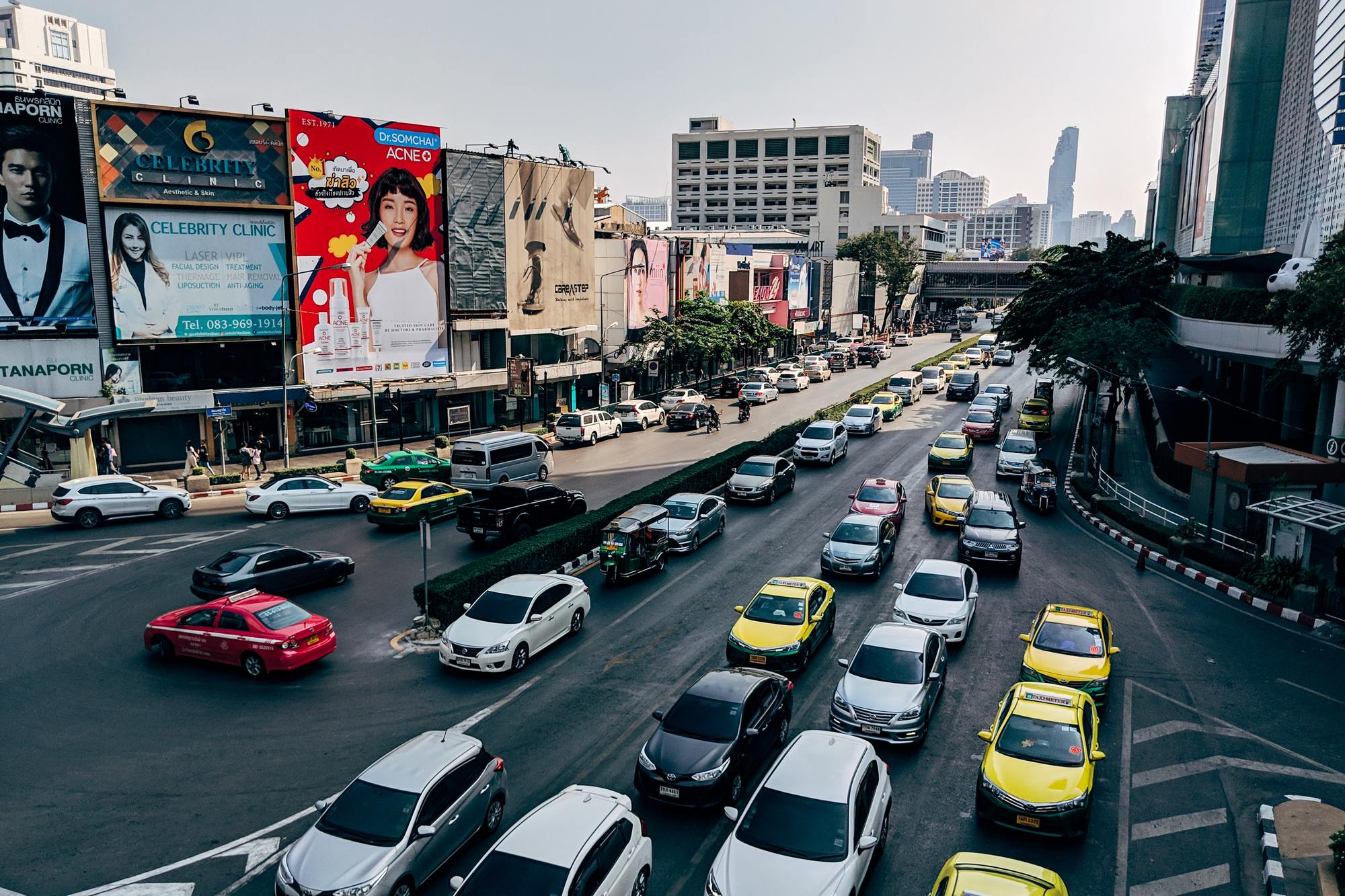
There’s no question that cars are another strain on the environment, as well as our health and economy. While it’s not realistic to suggest ditching cars completely or opting for biking in a city like Bangkok, we can reduce our car usage significantly. Carpooling is something Bangkokians ought to embrace more. You don’t need 10 cars showing up for one dinner reservation for 10. Take advantage of the growing BTS, MRT and BRT system. They can be time savers, knowing Bangkok’s jams and parking situations. And, if you’re in the position to buy a new car, consider investing in an EV.
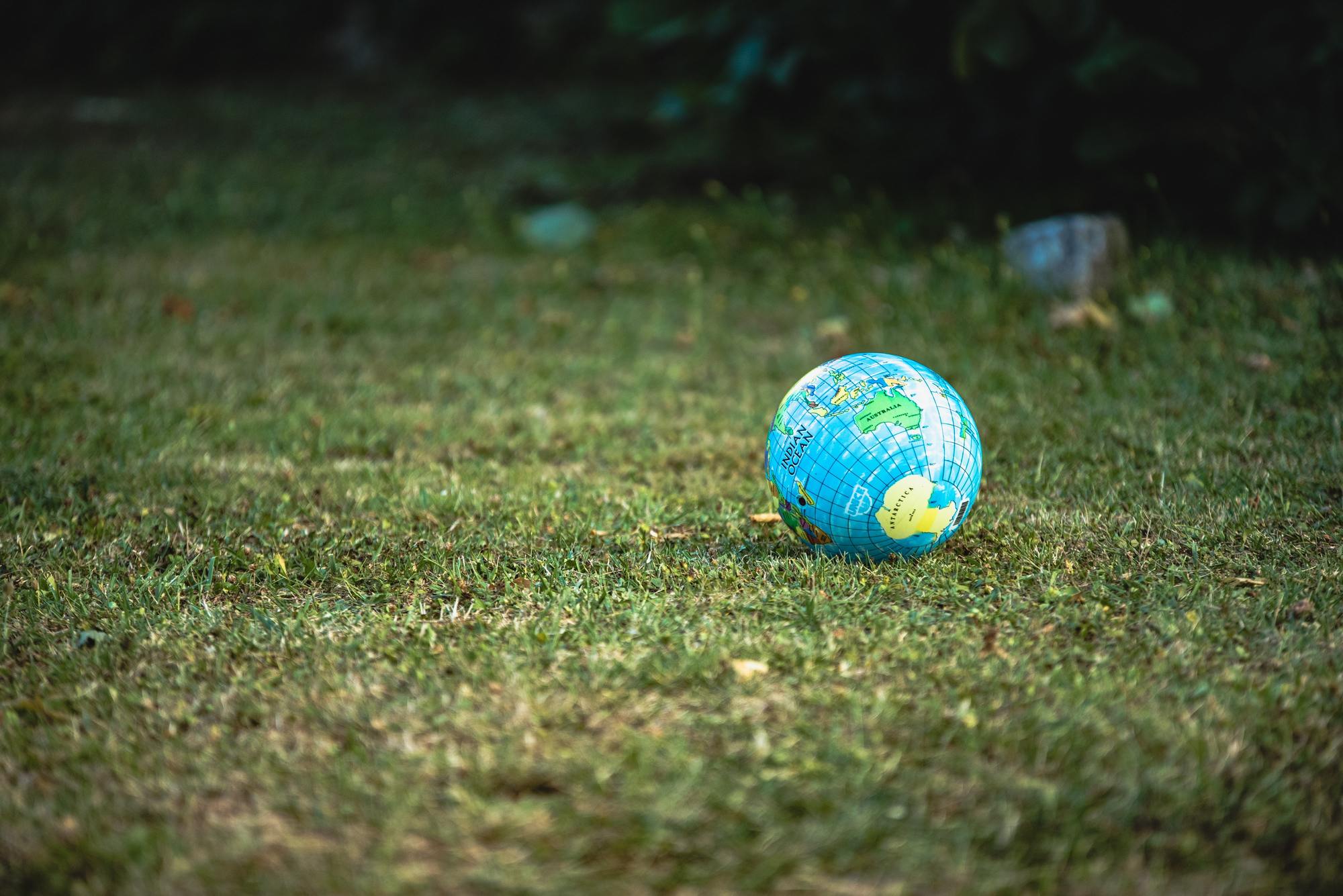
Moving towards a more sustainable lifestyle doesn’t happen overnight. Be mindful of the fact that it’s a journey and a long and continuous lifestyle change. You won’t get it right everyday. You may forget, slip up or just be too tired. Naturally, there are also habits we simply take up better than others. For some, leaving meat behind is more difficult than remembering to bring a shopping bag. But for others, the opposite may be the case. We don’t need to be perfect. We don’t need to compare. We just can’t get too discouraged to keep trying.
Pets, as cherished members of our families, deserve rights and protections that ...
These top 5 barber shops in Bangkok are where gentlemen can elevate ...
Sailorr and Molly Santana’s black grills fuse hip-hop swagger with homage to ...
Wandering around the globe, try out the signature tastes of cultures across ...
Once punk was a middle finger to the establishment, with Vivienne Westwood ...
You’ve seen their art, but do you know the pain behind it? ...
Wee use cookies to deliver your best experience on our website. By using our website, you consent to our cookies in accordance with our cookies policy and privacy policy